PR 10/17 | KTP congratulates Perit Vincent Cassar on being awarded RIBA President’s Medal

Former KTP president Perit Vincent Cassar has just been awarded the RIBA President’s Medal this evening. This tribute acknowledges the important role that Presidents of Architects’ Institutes across the world make to their professional and social communities, and to their outstanding contribution in driving excellence in architecture both domestically and internationally.
Perit Cassar is well known at both the national and international level. He is a past President of the Kamra tal-Periti, past Council Member, Treasurer and Co-ordinator of a Thematic Area of the Architects’ Council of Europe (ACE), and representative of the KTP to the European Council of Civil Engineers (ECCE).
His main achievement at an international level is his current role as President of the Commonwealth Association of Architects (CAA), which position he will hold until 2019.
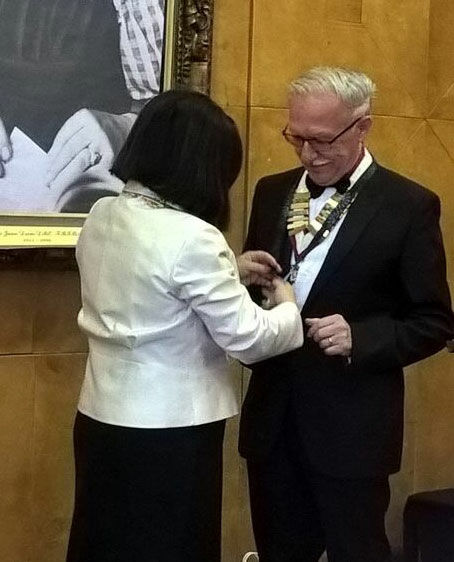
Perit Cassar receiving the RIBA President’s Medal
Perit Cassar, a graduate in Architecture and Civil Engineering from the University of Malta, joined the Public Service in 1973 as a Junior Architect and Civil Engineer with the then Public Works Department and was assigned to the Schools and Hospital Section. Since then he has worked within other sections of the Public Works organisation and was responsible for various projects including those for housing, healthcare and hospitals, and other major projects of a civil engineering nature such as roads and marine works. Such large scale projects included the design and construction of the Karen Grech Paediatric Hospital and its adjoining Maternity complex, and the construction of Terminal I at the Malta Freeport Container Terminal and the Luqa Air Terminal.
Perit Cassar is currently also Chairman of the Planning Board in Malta.
In a statement to the Kamra tal-Periti, Perit Cassar said, “I dedicate this honour to all my colleagues on the KTP Council and indeed to all periti in Malta and also to all architects around the Commonwealth”.
The Kamra tal-Periti warmly congratulates Perit Cassar on this distinguished award and professional achievement.

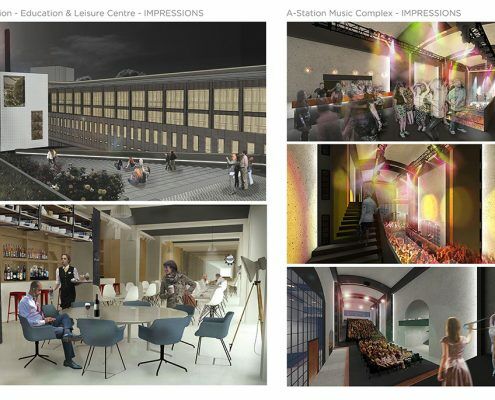
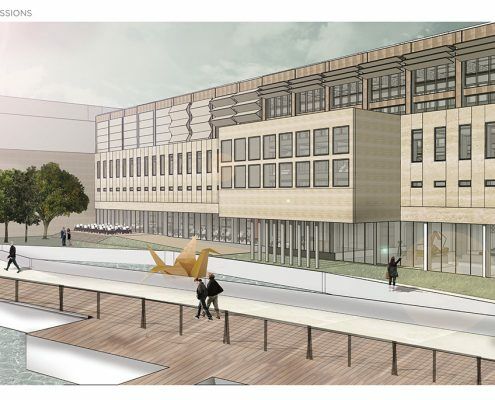
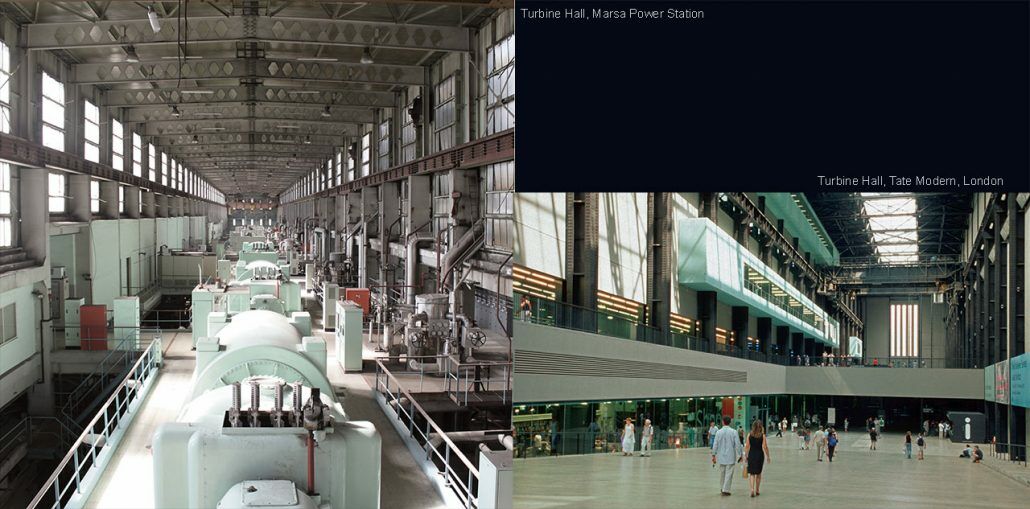
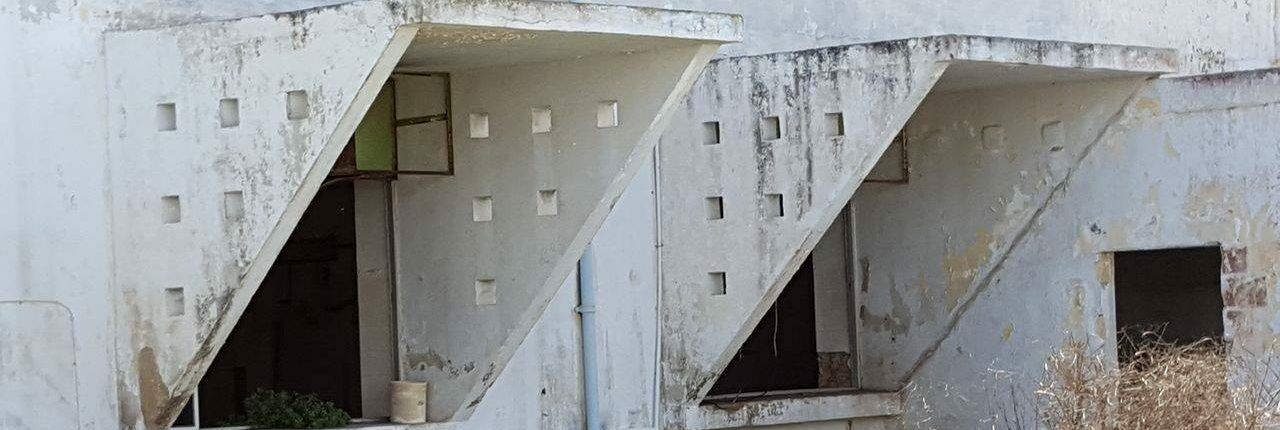
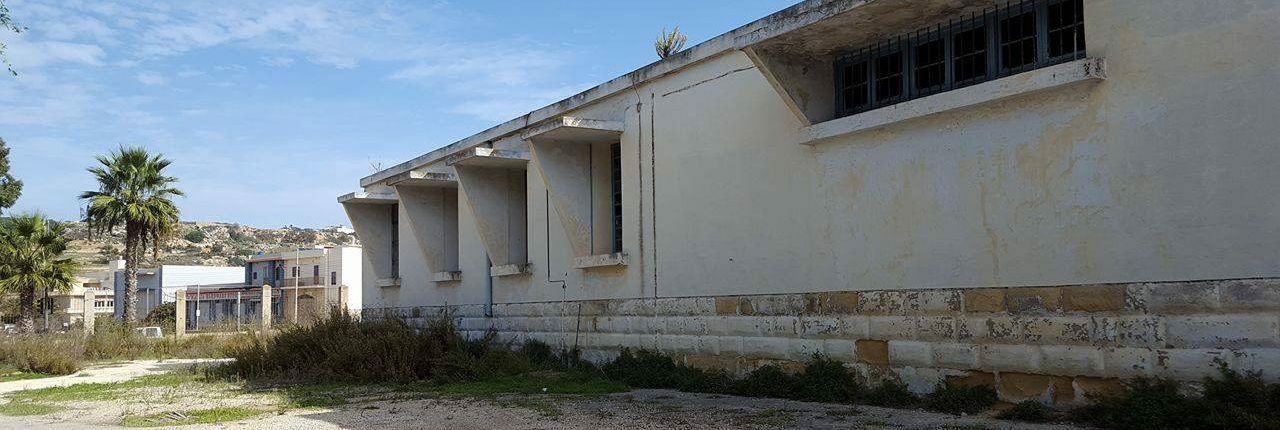
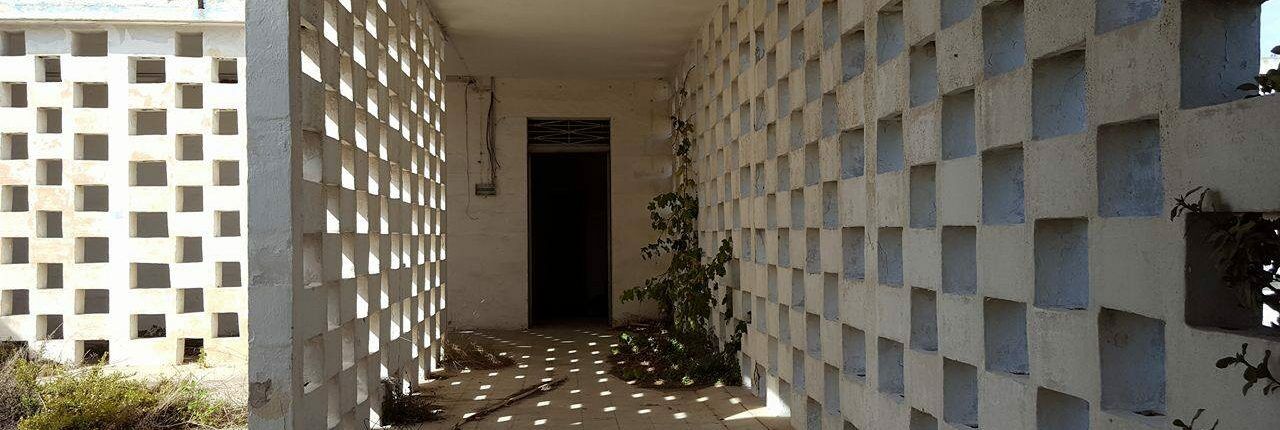
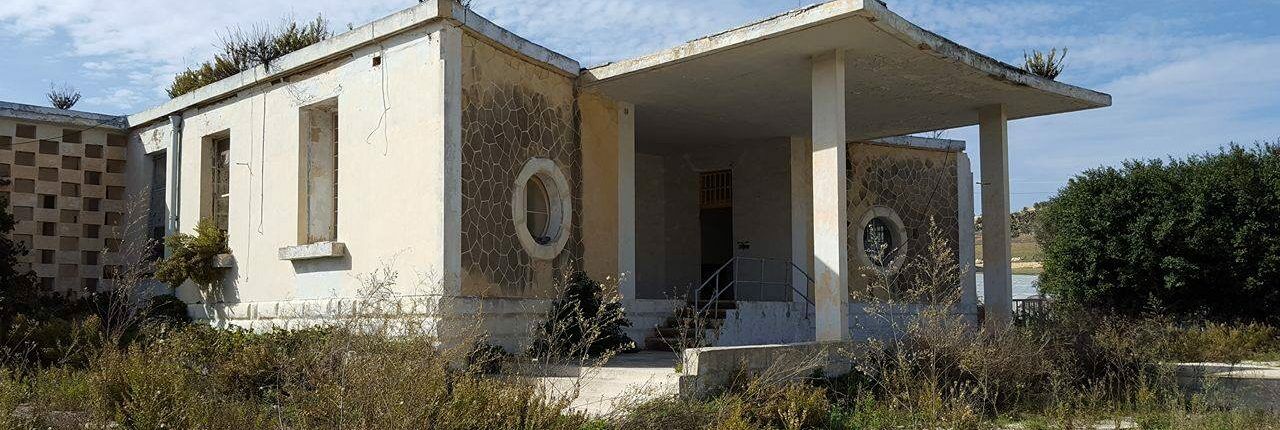
You must be logged in to post a comment.